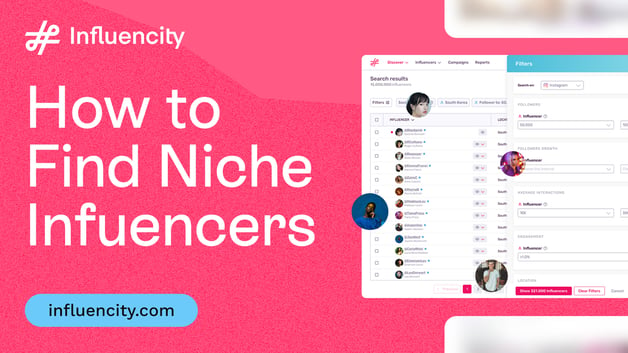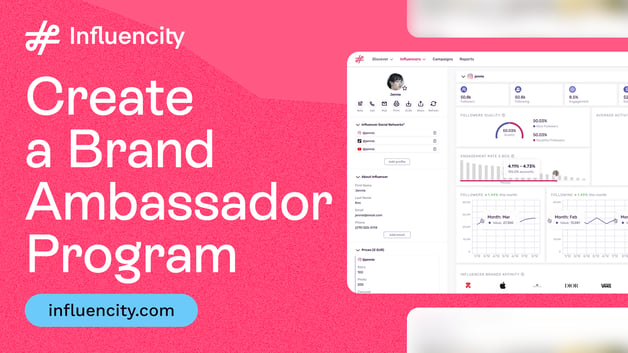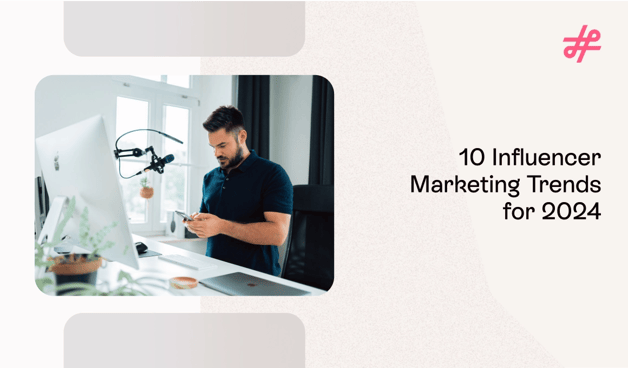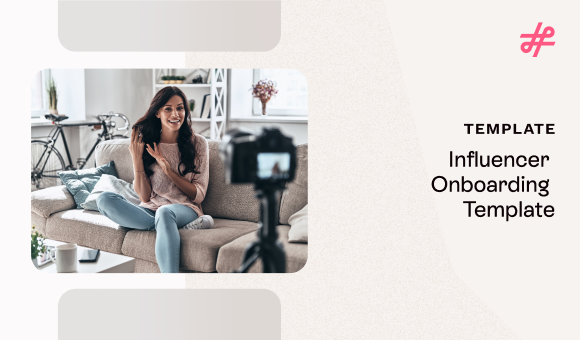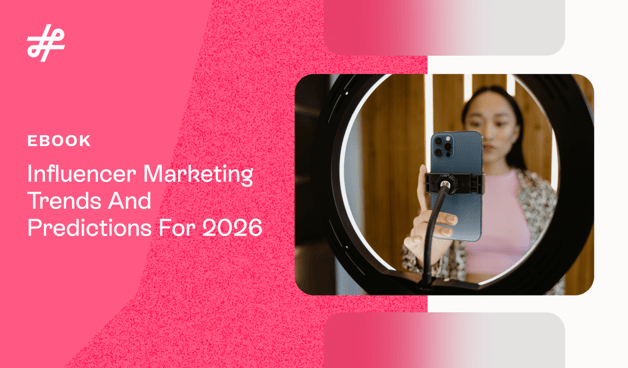Influencer Marketing Market: Best Performing Sectors & Industries
Over the past few years, influencer marketing has grown at an exponential rate, and it has quickly become an essential marketing strategy for the vast majority of companies across all sectors.
Some companies, however, are still questioning whether their market niche is suited to influencer marketing, and whether this type of advertising strategy generates results. In this article, we’re going to take a look at the influencer marketing market and those sectors that tend to see the best results.
Understanding the Influencer Marketing Market Across Different Sectors
The influencer marketing market has quickly become one of the most powerful tools for brands across various industries. This rise is largely due to the growing popularity of social media campaigns, which help brands stand out and connect with a wide range of audiences.
In today's digital scene, brands from different sectors are using influencer marketing to reach more people, more effectively. Social media platforms have created communities based on shared interests, hobbies, and beloved personalities. These personalities, known as influencers, have built large followings by sharing content that resonates with their audience, making them trusted voices and even role models in some cases.
What makes the influencer marketing market so effective is the close, genuine connection that influencers have with their followers. Unlike traditional advertising, which can often feel distant, influencer marketing relies on the trust and authenticity that influencers bring to their interactions. This natural relationship based on social proof is exactly what brands are looking for when trying to connect with their audience in a meaningful way.
Different industries are tapping into the influencer marketing market in various ways, tailoring their strategies to fit the needs and interests of their target audiences. Whether it's fashion, tech, beauty, or lifestyle, the influencer marketing market offers a flexible and impactful way to reach consumers in a personal and persuasive manner. As this market continues to grow, its influence across different sectors is only going to get stronger, making it a key component of modern marketing.
Why Influencer Marketing Outperforms Traditional Marketing in Certain Industries
Here are some of the main advantages of launching influencer marketing campaigns:
Visibility
Influencer marketing campaigns improve brand visibility, since influencers act as loudspeakers and increase brand awareness with their publications. As a result of this visibility, brand positioning and reputation also improve.
Reach
Achieving a higher reach is another of the benefits of working with influencers, and closely related to visibility. Thanks to their high number of followers, brands are able to reach a much bigger audience through working with influencers.
Humanize your brand
Another of the advantages of influencer marketing is that these campaigns help humanize your brand. Although these profiles are very popular and sometimes even become celebrities, influencers are normal human beings, which is precisely why they’re admired by their followers.
Influencer marketing has three main advantages: visibility, reach and brand humanization
Top Sectors in the Influencer Marketing
The influencer marketing market is incredibly diverse, thanks to the variety of social networks and their users. This diversity allows brands in almost any industry to find influencers who can effectively promote their products or services. While it's true that industries relying heavily on visual content—such as videos or images—tend to see particularly strong results from influencer marketing, other sectors are also recognizing the power of these strategies.
Even industries that focus on services rather than physical products are successfully leveraging influencer marketing to shape consumer behavior and influence purchasing decisions. As a result, certain sectors have emerged as leaders in the influencer marketing market, consistently achieving high levels of engagement and conversion.
Let’s explore these emerging leaders in the influencer marketing market in a bit more detail.
Beauty and Fashion Industry
The beauty and fashion industry is a standout leader in the influencer marketing market. This sector thrives on visual appeal, making it a perfect fit for platforms like Instagram, YouTube, and TikTok, where beauty and fashion influencers showcase products through tutorials, reviews, and styling tips.
One of the most iconic examples of successful influencer marketing in the beauty industry is the collaboration between beauty brand Anastasia Beverly Hills and influencer Jackie Aina. Jackie, a renowned beauty influencer known for advocating inclusivity, collaborated with the brand to create a custom eyeshadow palette. The campaign was a massive success, with the palette selling out within hours of its launch. Jackie's loyal followers trusted her expertise and the authenticity of the collaboration, leading to high engagement and rapid sales.
Influencers in this industry often have loyal followers who trust their opinions and recommendations, leading to high engagement and conversion rates. Whether it's promoting the latest skincare products or launching a new fashion line, brands in the beauty and fashion sector can effectively drive sales and brand awareness through well-crafted influencer campaigns.
Technology and Gadgets Industry
The technology and gadgets industry is another top performer in the influencer marketing market. Tech influencers have a significant impact, especially among younger, tech-savvy audiences. These influencers often provide in-depth reviews, unboxings, and how-to videos, helping consumers make informed decisions about their tech purchases.
A prime example of successful influencer marketing in the tech industry is the partnership between Marques Brownlee (MKBHD) and Apple. Marques, a highly respected tech influencer, is known for his detailed and unbiased reviews of the latest gadgets. His collaboration with Apple during the launch of the iPhone 12 was particularly impactful. Marques's in-depth review video, which covered everything from the phone’s design to its performance, garnered millions of views and influenced countless purchase decisions. His credibility and technical expertise made his audience trust his recommendations, significantly boosting the iPhone 12's visibility and sales.
The credibility and expertise of these tech influencers are key factors that drive their success. Brands in this sector rely on influencers not just to promote new gadgets but also to educate their audience about the features and benefits, leading to higher trust and purchase intent.
Health and Wellness Industry
The health and wellness industry has seen substantial growth in the influencer marketing market. With an increasing number of people focusing on fitness, mental health, and overall well-being, influencers in this sector play a crucial role in guiding consumer choices. From fitness routines to healthy eating tips, lifestyle and wellness influencers inspire their followers to adopt healthier lifestyles.
A notable example of influencer marketing in the health and wellness industry is the collaboration between Kayla Itsines and Sweat, her fitness app. Kayla, a prominent fitness influencer, gained popularity through her workout programs and healthy lifestyle tips on Instagram. Her collaboration with Sweat turned her influence into a successful business, with millions of app downloads and a strong community of followers who trust her fitness expertise. This partnership highlights how influencers can effectively drive engagement and sales in the health and wellness sector by providing valuable content and fostering a sense of community.
Brands in this industry use influencer marketing to promote everything from dietary supplements to workout gear, often seeing high engagement due to the personal and aspirational nature of the content. The authenticity and relatability of these influencers are vital to their success.
Travel and Hospitality Industry
Finally, the travel and hospitality industry is also a major player in the influencer marketing market. Travel influencers are known for their breathtaking visuals and immersive storytelling, which can significantly influence their followers' travel decisions. Whether it’s showcasing luxury resorts, hidden travel gems, or unique experiences, these social media content creators create compelling narratives that entice their audience to explore new destinations.
One standout example of influencer marketing in the travel industry is the collaboration between luxury hotel brand Four Seasons and travel influencer Jessica Stein of Tuula Vintage. Jessica, known for her stunning travel photography and engaging storytelling, partnered with Four Seasons to showcase their properties across various exotic locations. Her content, featuring breathtaking images of luxurious suites, pristine beaches, and gourmet dining experiences, captivated her audience and positioned Four Seasons as a dream destination for travelers seeking high-end experiences. This collaboration significantly boosted the brand's visibility and appeal among affluent travelers.
Brands in the travel sector, including hotels, airlines, and tourism boards, collaborate with influencers to enhance brand visibility and drive bookings, making influencer marketing a critical component of their overall strategy.
Influencer Marketing Success Cases by Industry
Still having doubts about the effectiveness of influencer marketing? We have the solution! Take a look at the following success cases from each one of the most popular industries:
Fashion and cosmetics
One of the most recent examples of influencer marketing success on Instagram with a cosmetic product is that of Álvaro Kruse with his brand, Krash, which managed to sell out all products within the first few days of them going on sale.
So, how did he do it? Thanks to content posted by influencers on their stories and the looks created by their fans, Krash’s Instagram account now has more than 20k followers.
Technology
One of the most well-known campaigns from the tech industry took place on YouTube a few years ago. The campaign for Canon’s latest product, the G7 X camera, used primarily by vloggers, launched this product into the limelight and smashed sales.
Canon Announces Emma Chamberlain as Brand Ambassador
Food and sporting goods
Many companies in Spain have seen great success thanks to influencer marketing strategies on Instagram. The most notable are MyBodyGenius andor My Protein, whose products are often completely sold out.
Toys
Amongst the most popular toys sold over the past years are the infamous “Slime” and “Kinetic Sand”, which quickly became must-haves for any kid thanks to their diffusion by influencers on YouTube.
Experiences (hotels, travel and leisure)
Thanks to the power of social networks, Barceló Viajes positioned itself as a travel agency for the younger generation with one of its most famous actions with influencers: Viajaway.
Successful Influencer Marketing Campaigns by Sector
Influencer marketing campaigns are becoming increasingly sophisticated, with brands across various sectors harnessing the power of influencers to engage with their target audiences effectively. These campaigns are often carefully tailored to the unique characteristics of each industry, leading to notable successes.
With this in mind, we are going to finish today’s post by exploring some recent, notable examples of successful influencer marketing campaigns across different sectors, demonstrating the versatility and impact of this marketing approach.
Beauty and Fashion Industry: Estée Lauder's Micro-Influencer Campaign
Estée Lauder successfully used micro-influencers to promote their skincare line, targeting a younger demographic on Instagram. By partnering with influencers who had smaller but highly engaged followings, Estée Lauder was able to create authentic, relatable content that resonated with potential customers. These influencers shared their personal skincare routines featuring Estée Lauder products, leading to increased brand credibility and a boost in sales. The campaign demonstrated how leveraging micro-influencers can be more effective than traditional celebrity endorsements, especially in creating a genuine connection with the audience.
Technology and Gadgets Industry: Samsung's #DoWhatYouCant Campaign
Samsung's #DoWhatYouCant campaign is a prime example of effective influencer marketing in the tech industry. Samsung collaborated with popular tech influencers and creators on platforms like YouTube and Instagram to showcase the capabilities of their new Galaxy devices. These influencers demonstrated the innovative features of the products through engaging content, including unboxing videos, tutorials, and real-life usage scenarios. The campaign was highly successful, driving significant engagement and helping Samsung reach a broad audience, ultimately boosting sales and reinforcing the brand's image as a leader in innovation.
Health and Wellness Industry: Peloton's Instructor-Led Social Media Campaign
Peloton, the fitness equipment and media company, executed a successful influencer marketing campaign by leveraging their own fitness instructors as influencers. These instructors, who already had large followings, shared workout routines and motivational content across social media platforms like Instagram and Twitter. This campaign not only increased engagement with current users but also attracted new customers who were inspired by the instructors' content. The authenticity and expertise of these influencers played a key role in enhancing Peloton's brand image as a leader in the health and wellness space.
Travel and Hospitality Industry: Marriott Bonvoy's Wanderlust Campaign
Finally, Marriott Bonvoy launched the Wanderlust influencer campaign to promote its loyalty program and global travel experiences. By partnering with travel influencers who had a large presence on Instagram and YouTube, Marriott was able to showcase their properties in exotic locations. These influencers created visually stunning content that highlighted the unique experiences available through Marriott Bonvoy, from luxury stays to adventurous excursions. The campaign successfully increased brand awareness and encouraged sign-ups for the loyalty program, demonstrating the power of influencer marketing in the travel and hospitality industry.
Ultimately, all these campaigns highlight the versatility and effectiveness of influencer marketing across different sectors. By carefully selecting influencers who align with their brand values and target audience, companies in the beauty, technology, wellness, and travel industries have successfully engaged consumers, enhanced brand loyalty, and driven sales. As influencer marketing continues to evolve, brands that adapt and innovate will continue to thrive in the dynamic influencer marketing market arena.
Tags:





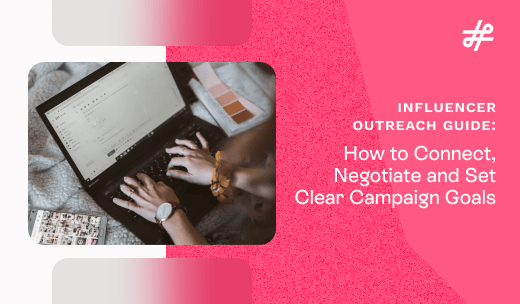
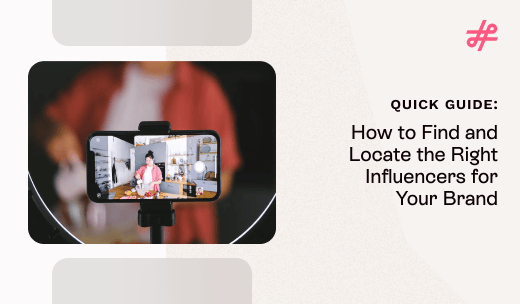


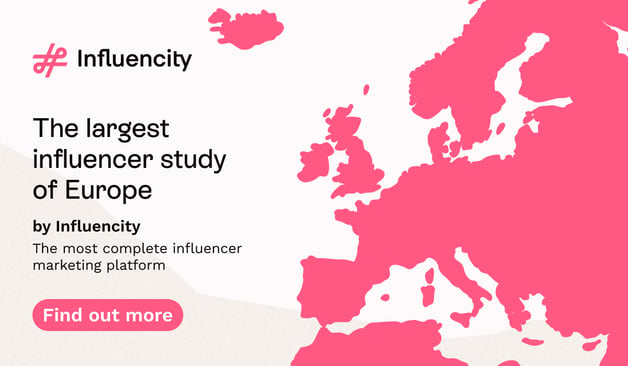

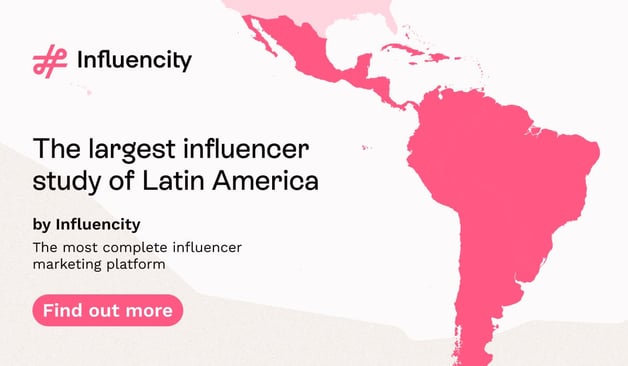


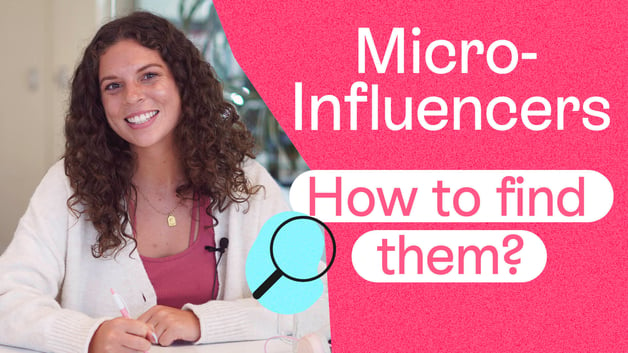


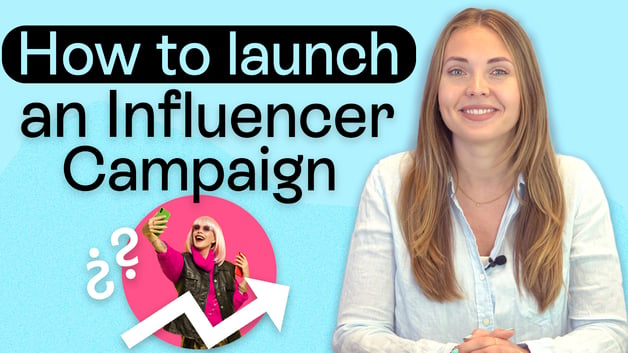

%20and%20How%20Can%20They%20Benefit%20Your%20Brand%20article.jpg?length=628&name=What%20Are%20Key%20Opinion%20Leaders%20(KOL)%20and%20How%20Can%20They%20Benefit%20Your%20Brand%20article.jpg)
